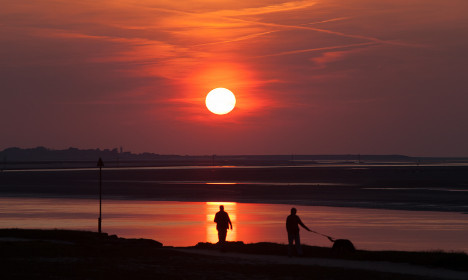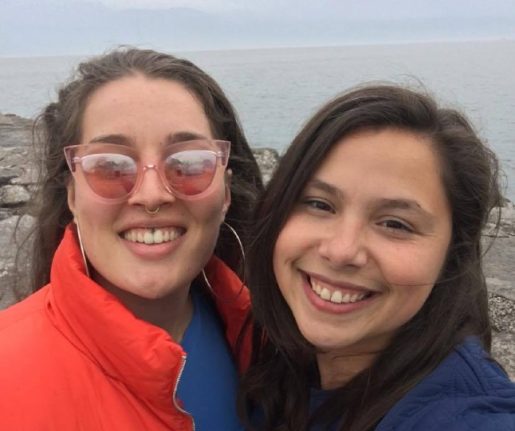While the overall ranking of the latest HSBC Expat Explorer report does not make great reading for France – it’s placed down in 21st out of 45 countries (although a jump of eight places from last year's 29th) there are plenty of positives to take for those foreigners living in France.
“The benefits of France’s lifestyle, culture and cuisine are all recognized by expats,” reads the report.
“Nearly three in five (57 percent) of those living in France say the experience of a life abroad is the most important thing to them – a higher proportion than in any other country except Spain and Portugal.
“This desire to experience what France has to offer is rewarded as nearly two thirds (63 percent) state their quality of life has improved since moving.”
France was ranked 4th out of 45 for quality of life, well ahead of the US in 26th position and the UK in 30th.
So what is it about the quality of life in France that makes the expat experience in general so positive? Only you can tell us.
Is it the cuisine? The weather? The longer lunches and later dinners? The open autoroutes? The cheap wine? The hordes of terraced cafes and brasseries?
One stand-out aspect appears to be the greater work-life balance experienced by expats.
Indeed despite its overall ranking of 21st France was ranked fifth overall for work-life balance. That compares well with Britain, which was ranked 31st for work/life balance and the United States which was even lower at 39th.
“Overall nearly two-thirds (64 percent) of expats in the country say work/life balance is better. With more time to spend outside of work, 68 percent of those in France are immersing themselves in the local culture and 77 percent are enjoying the local cuisine.”
France also ranked well in terms of health, being placed 3rd overall – a testament to how well the health service is appreciated by expats.
In the overall survey Singapore was ranked the best country for expats, ahead of New Zealand and Canada. The UK was ranked 22nd overall and the US 30th.
What else the survey tell us about expats in France:
Economic outlook makes the country less attractive for expats – only 28 percent have confidence in the French economy and only 17 percent of expats say the country is good for their career progression.
Expats are integrating well – Only 12 percent of expats in France say they are failing to integrate with the local people and culture. Just over a third (36%) spend more time with other expats, rather than local friends – lower than the global average of 42%.
France is attractive for families – Parents are keen to immerse their children into French society and 61% send their offspring to a local state school – nearly twice as many as the global average of 31%. Over half of expat parents (53%) report that organising education and childcare is easy.
Let us know in the comments section below what aspect of your quality of life has improved since you came to France?





 Please whitelist us to continue reading.
Please whitelist us to continue reading.
Member comments